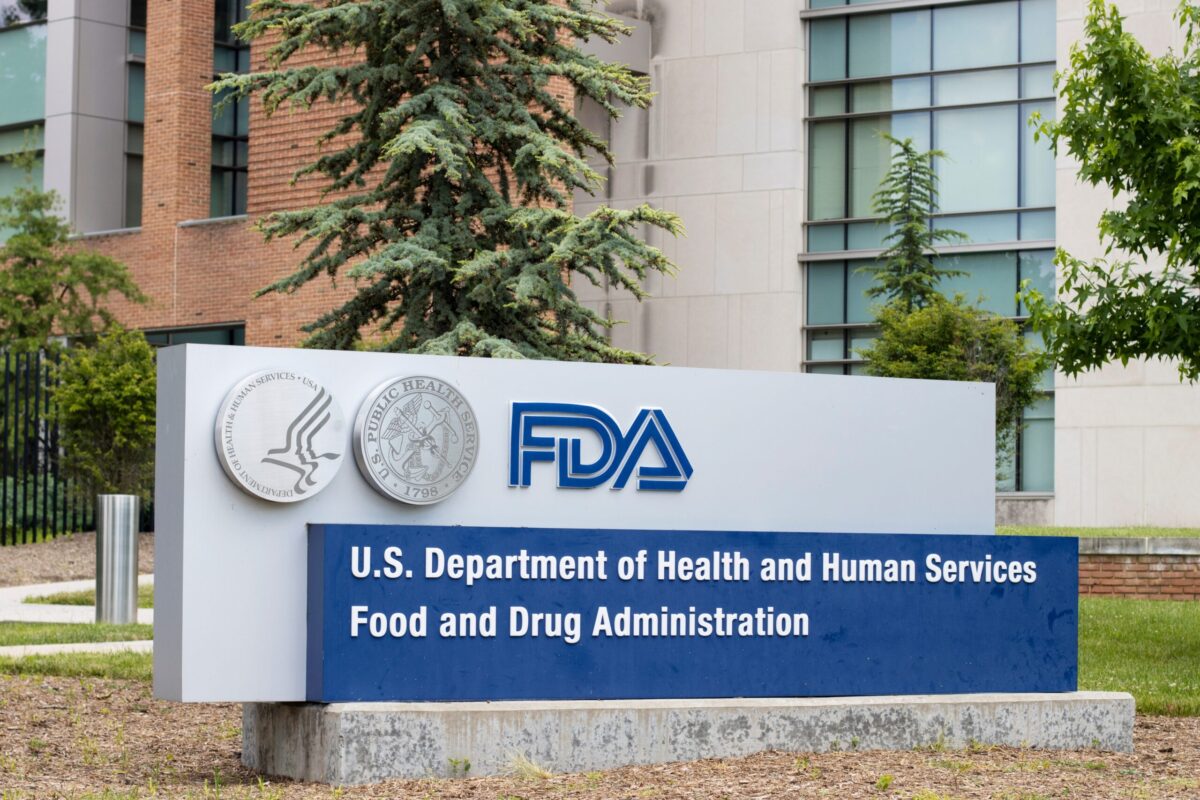Patients with the autoimmune disease scleroderma, face a number of symptoms associated with fibrosis of the skin. As the mechanisms behind the disease are not fully understood, patients have no effective treatment options for the fibrosis responsible for tightening and hardening of the skin.
Severe cases of scleroderma can also affect the internal organs, including the lungs and associated blood vessels. Now, researchers at the Hospital for Special Surgery in New York City have discovered a potentially causative mechanism behind scleroderma-associated fibrosis.
Identification of this important mechanism could help future researchers develop new therapies for the disease. The research was published in the Journal of Clinical Investigation.
Using animal models of the autoimmune disease, the researchers studied the population of adipose-derived mesenchymal stromal cells (ADSCs) in the white adipose tissue just below the skin’s surface. These ADSCs have both regenerative and reparative functions, however little is known about what affects these cells’ survival in fibrotic skin.
In atrophied adipose tissue characteristic of skin fibrosis in scleroderma, the number of ADSCs was found to be diminished. The researchers postulate that the loss of ADSCs could contribute to the tissue fibrosis seen in scleroderma patients.
What’s more, those ADSCs which did survive in the fibrotic tissue were dependent on dendritic cells to stay alive. These cells release a compound known as lymphotoxin B, which supports the health of ADSCs.
When the researchers injected ADSCs into the diseased tissue along with an antibody designed to stimulate the release of lymphotoxin B, those replacement cells had better rates of survival. This therapeutic was also associated with a reduction in skin fibrosis and better skin functioning, suggesting that it could be an effective treatment option for patients with scleroderma.
“Injecting ADSCs is being tried in scleroderma; the possibility of stimulating the lymphotoxin B pathway to increase the survival of these stem cells is very exciting,” said Dr. Theresa T. Lu, study author and Associate Scientist, Autoimmunity and Inflammation Program and Pediatric Rheumatology, at the Hospital for Special Surgery. “By uncovering these mechanisms and targeting them with treatments, perhaps one day we can better treat the disease.”
Lu also believes that this therapy could be used to treat other autoimmune diseases, such as lupus and rheumatoid arthritis. “Improving ADSC therapy would be a major benefit to the field of rheumatology and to patients suffering from scleroderma.”












Join or login to leave a comment
JOIN LOGIN